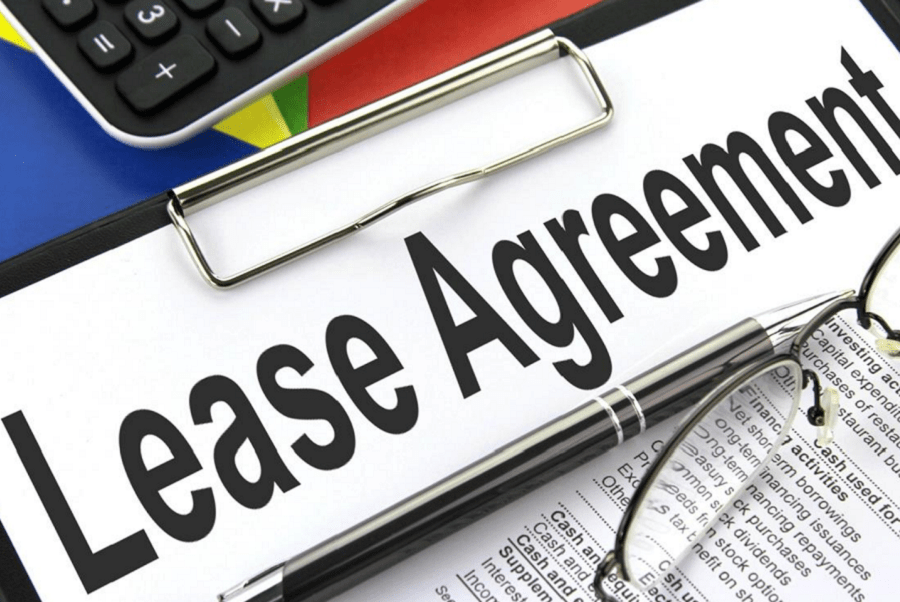
By Timothy A. Brown, CEO, ROI Corporation
Throughout my career I have heard lawyers, doctors, and property owners talk about giving a tenant the first right of refusal in a premise lease. The result: If the building should come for sale at the landlord’s discretion, the tenant has the first right of refusal to purchase the building.
The following definitions are reprinted with permission from Commercial Investment Real Estate published by CCIM Institute:
Option to Purchase.
This provision grants the holder the right to purchase an indicated property during the term of the option without respect to the owner’s desire to sell. In other words, the holder can force the owner to sell the property by exerting the option. Options to purchase often include specific terms
Right of First Offer.
Sometimes referred to as a right of first opportunity or first right to purchase, this provision requires the owner to give the holder the first chance to buy a property after the owner decides to sell. Unlike the option to purchase, the holder cannot force the owner to sell
Right of First Refusal.
Sometimes referred to as a right of first opportunity or first right to purchase, this provision requires the owner to give the holder the first chance to buy a property after the owner decides to sell. Unlike the option to purchase, the holder cannot force the owner to sell
Let’s explore precisely what the first right of refusal actually means. In order for a tenant to have the right to refuse to buy a building, the property owner must actually take the property to the open market and bring other buyers into the fold. They can do this privately or they can do this through the services of a real estate and business broker. In this process, the owner must reveal that there is an existing tenant and disclose the terms of the lease. Potential buyers would typically want to explore the property inside and out, often get their own appraisal done on an independent basis and in some cases have a property inspection performed.
Thereafter, the purchaser or the multiple purchasers (given the current overheated market reality) would present their offers to the owner and/or through his/her agent.
At this juncture, the owner is obligated to approach the tenant who possesses the first right of refusal and show them the highest and/or the most attractive bid to see if the tenant will actually refuse or agree to match that offer.
Think this process through from both sides. If you are the tenant, do you want your landlord parading potential purchasers through your rented space while he or she is attempting to attract open market offers in order to find out how much you may be prepared to pay?
If you are the landlord, do you want to “use” the market knowing that you must disclose that this first right of refusal for the tenant actually exists in the leased premises?
A licensed and qualified broker must dis- close that your tenant has the privilege of matching any offers the market may actually present. What kind of offers are people prepared to make knowing that they may be matched or surpassed by the tenant and therefore, these potential purchasers may actually feel they are being used in order to motivate the tenant to buy the property.
As a landlord myself, as well as someone who buys property, when I know a tenant has the first right of refusal, my interest in the property is diminished. If I do make an offer, I will not spend a lot of time or money preparing the offer nor make the best offer I think the market would bear, knowing that it is possible that my offer will be matched or bettered by the tenant.
Now let’s consider an alternative option I have promoted over many years, yet failed to get agreement on by both property owners and lawyers. It is called the first option to purchase. Essentially, what this means is that the lease afforded to the tenant will basically say if I as the landlord decide to sell this property, I will come to you, the tenant, with the first option to purchase the property. I do not engage a real estate agent. I do not put it on the open market. I do not parade anybody through your exclusive use rented space in order to drive up price and try to get the market interested. I come to you and only you and I approach you first as you possess the first option to purchase. After a specified period of time, say 30 to 60 days, if we do not come to agreement in the terms of sale, I still reserve the right as the landlord to put the property on the open market in the usual and customary process of selling real estate.
 The result is you have been respected as the tenant. You were the only individual that I as the owner negotiated with. I may get an appraisal at my expense. You are certainly entitled to get one at your expense. If we can successfully negotiate, a deal struck. The open market, real estate agents and potential buyers have not been used to put us at odds. As an owner, I am not trying to drive price up and you have not been annoyed with my bringing potential purchasers through the property and we both accept the fact that I really just wanted to do business with you in the first place.
The result is you have been respected as the tenant. You were the only individual that I as the owner negotiated with. I may get an appraisal at my expense. You are certainly entitled to get one at your expense. If we can successfully negotiate, a deal struck. The open market, real estate agents and potential buyers have not been used to put us at odds. As an owner, I am not trying to drive price up and you have not been annoyed with my bringing potential purchasers through the property and we both accept the fact that I really just wanted to do business with you in the first place.
I consulted with Todd Slater, founder of The Simple Investor, and a past contributing author to Profitable Practice magazine on this topic. Todd owns and/or manages over 1,000 income properties.
I am a client of Todd’s firm. He completely agrees with me! As well, I surveyed several leading lawyers who agree with me, but they find it difficult to alter the thought process and language of the legal profession that has been fixated on this absurd, outdated concept for decades… I hope this article helps to change the mindset.
The first right of refusal—or—the first option to purchase? If you are a landlord, what do you think is fair? If you are a tenant, which would you prefer?

TIMOTHY BROWN
is Chief Executive Office of ROI Corporation Canada’s national professional practice and brokerage firm.







